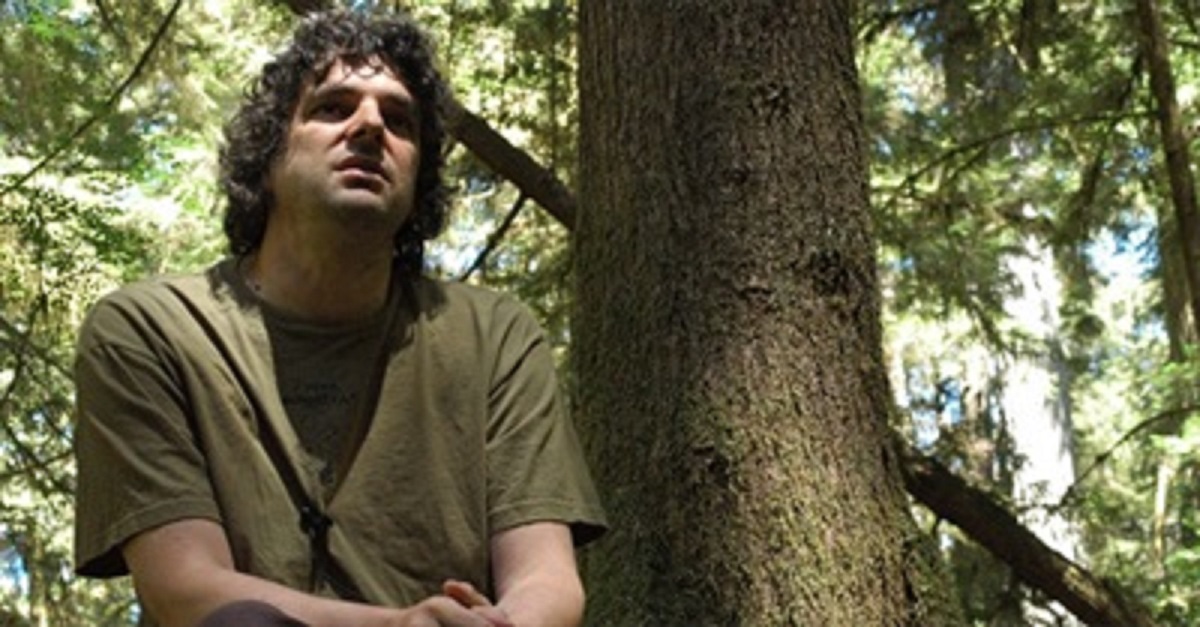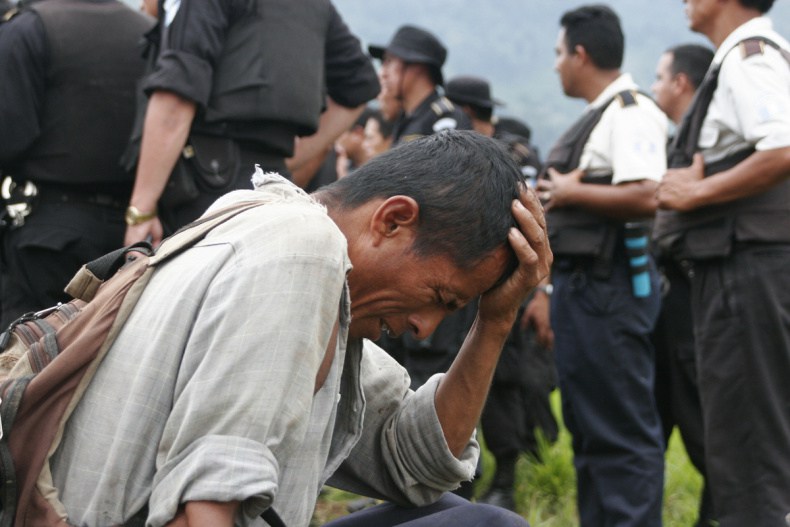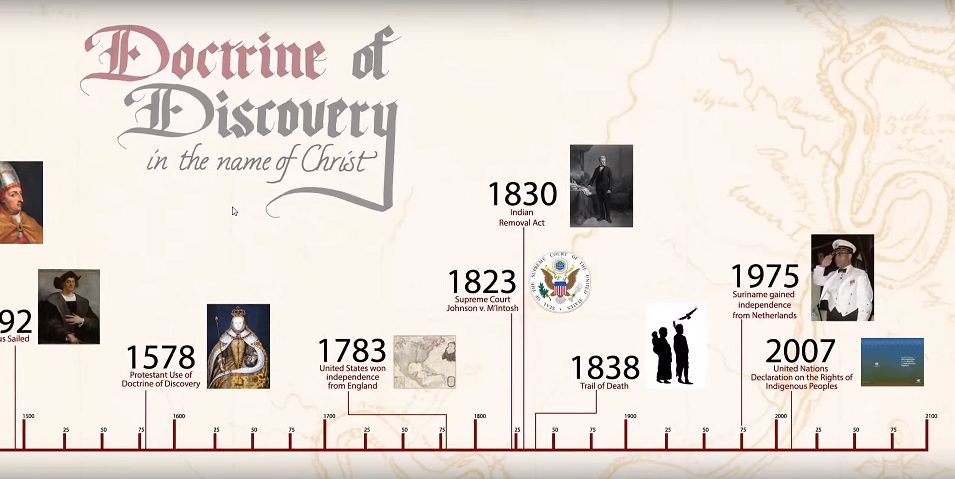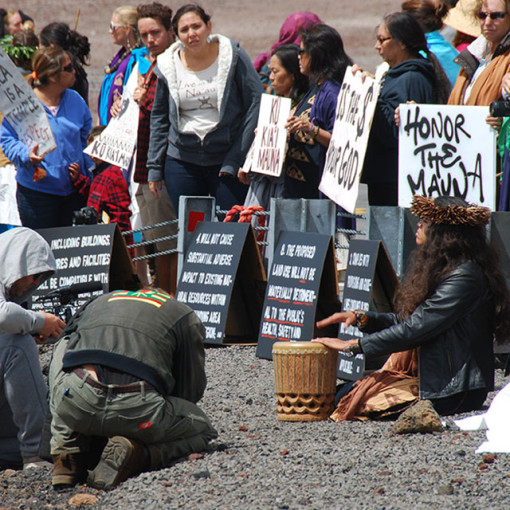Obama’s Pettus Bridge
by Noah Weber On Sunday, March 7, 1965, roughly 600 African Americans and their allies gathered and marched towards Montgomery, Alabama in order to take a stand and draw attention to the fact that 99% of Selma, Alabama’s registered voters were white, and that the African American community was being denied their legal right to vote. The unarmed men and women who marched across the Edmund Pettus Bridge were met by a heavily armed police force and were tear gassed and beaten horrifically. In the end, 17 marchers were hospitalized, and another 50 were treated for injuries caused by the police. ...







